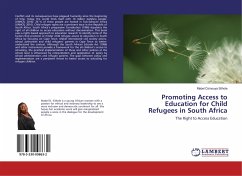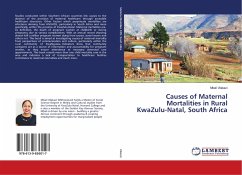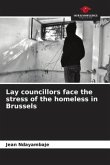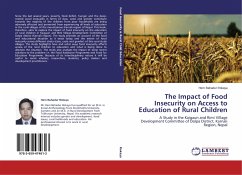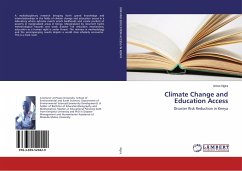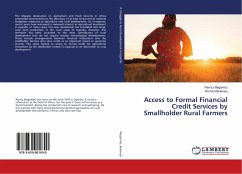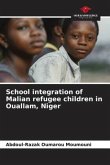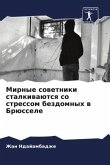Conflict and its consequences have plagued humanity since the beginning of time. Today, the world finds itself with 10 million stateless people (UNHCR, 2016). 26 % of these people are hosted in Sub-Saharan Africa (UNHCR, 2016). Child refugee rights are a pertinent issue in the Republic of South Africa. South Africa's progressive Constitution (1996) stipulates the right of all children to access education without discrimination. This book uses a rights based approach to education research to identify some of the factors that promote or hinder child refugee access to education in South Africa by focusing on Cape Town. Mabel interviewed civil society actors, school authorities and child refugees' parents in Cape Town to better understand the context. Although the South African Schools Act (1996) and other instruments provide a framework for the all children's access to schooling, the practical implementation of these and other policies at the school level is influenced by interpretation and application of policy by school administrators and refugee parents. The gaps between policy and implementation are a persistent threat to better access to schooling for refugee children.
Bitte wählen Sie Ihr Anliegen aus.
Rechnungen
Retourenschein anfordern
Bestellstatus
Storno

